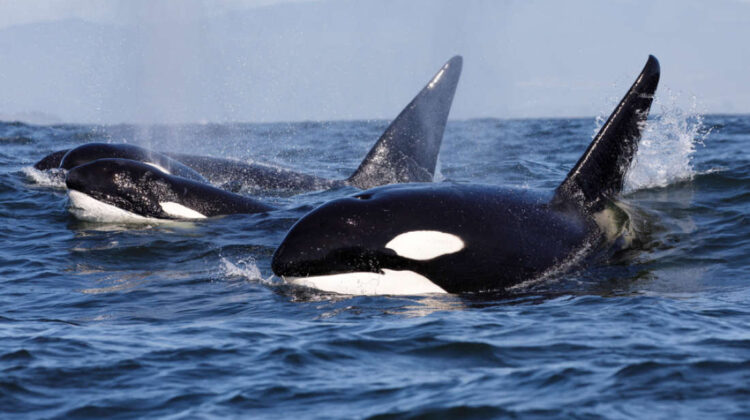
More than 100 cetaceans have been discovered encased in a series of tiny enclosures off the coast of Russia, near the city of Nakhodka in the southeast.
In total, 11 orcas and 90 beluga whales are being held in a “whale jail” that campaigners are now calling “illegal.” According to Whale and Dolphin Conservation (WDC), a UK-based environmental charity, this is the highest number of marine mammals ever held in this manner.
The cetaceans are reported to have been caught and held in order to be sold to ocean theme parks in China for a high price, with companies paying up to $6 million (or more) for their own Free Willy. According to The Telegraph, the country boasts more than 60 marine parks, with at least 12 more in the works.
While it is unlawful to buy and sell cetaceans for amusement — they can only be captured for scientific or educational purposes – the international legislation against it is often broken. Take, for example, the four companies responsible for the 101 imprisoned cetaceans, which together exported 13 orcas to China between 2013 and 2016, according to a local inquiry led by the investigative newspaper Novaya Gazeta. Other companies are said to be taking advantage of a legal gap that doesn’t explicitly prohibit “renting” whales.
Prosecutors are currently investigating the matter to determine whether the cetaceans were captured for scientific or instructional purposes, as the companies claim. (This is despite the fact that the footage plainly shows far more cetaceans than the 13 for which they were apparently granted authorization earlier this year.) Lawyers will also look into the conditions in which they are being held, which have been termed as “torture” by Greenpeace Russia.
According to campaigners, the size of the cages and the number of orcas and belugas seen suggests that the tanks may hold infants – a procedure that is strictly prohibited, even for scientific and educational purposes. Experts are concerned that the scope of this activity is not only harmful to the captive cetaceans, but also to the species’ future.
“We risk losing our entire orca population if we catch them at this rate,” Greenpeace Russia research coordinator Oganes Targulyan told The Telegraph.
“The capture quota is currently 13 animals per year, but no one is accounting for the fact that for every orca taken, at least one is killed.”
[H/T: The Telegraph]
